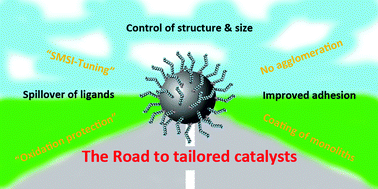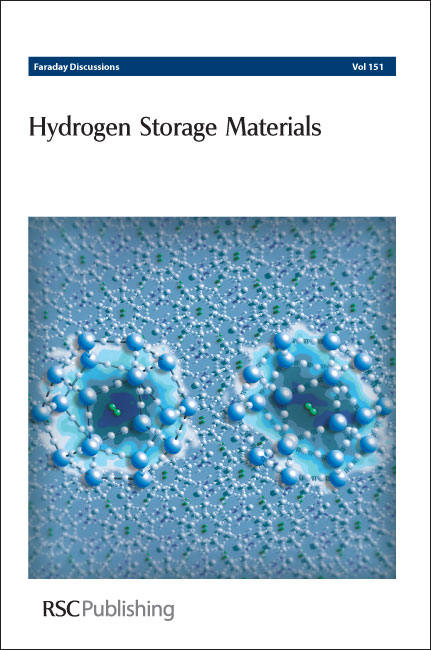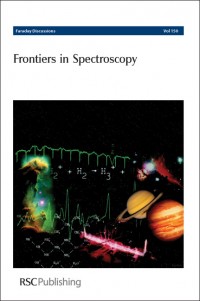Artificial Photosynthesis: Faraday Discussion 155
5 – 7 September 2011
Edinburgh, UK
Early bird registration and poster abstract deadline – 01 July 2011
Registration deadline – 05 August 2011
Submit a poster abstract for consideration or register for this exciting conference today!
Confirmed speakers
• Graham Fleming, University of California, Berkeley, USA
• Sir Richard Friend FRS, University of Cambridge, UK
• Michael Graetzel, Ecole Polytechnique Fédérale de Lausanne, Switzerland
• Dirk Guldi, University of Erlangen , Germany
• Devens Gust, Arizona State University, USA
• Osamu Ishitani, Tokyo Institute of Technology, Japan
• Tom Mallouk, Pennsylvania State University, USA
• Stefan Matile, University of Geneva, Switzerland
• Garry Rumbles, National Renewable Energy Laboratory, USA
• Stenbjörn Styring, Uppsala University, Sweden
• Licheng Sun, KTH Royal Institute of Technology, Sweden
There is a growing conviction that the only real prospect for our long-term energy provision relies on the ability to collect and store sunlight in the form of chemical potential. The need for alternative fuels and reduction of excess carbon dioxide left over from our era of fossil fuel consumption, focuses the attention on the design of effective artificial photosynthetic systems. This is a growing global problem and it will soon become the dominant scientific issue.
Applying new knowledge to old problems: FD155 will focus on possible solutions to long-standing problems in the development of artificial synthesis. This topical and important area of science covers many disciplines. The combination of biology, chemistry, physics and theory makes for an exciting blend of discussion points.
Themes
• Electronic energy transfer
• Fuel production / carbon dioxide reduction
• Oxygen evolution
• Integrated photo-systems
• Electron transfer

















 Take a look
Take a look
